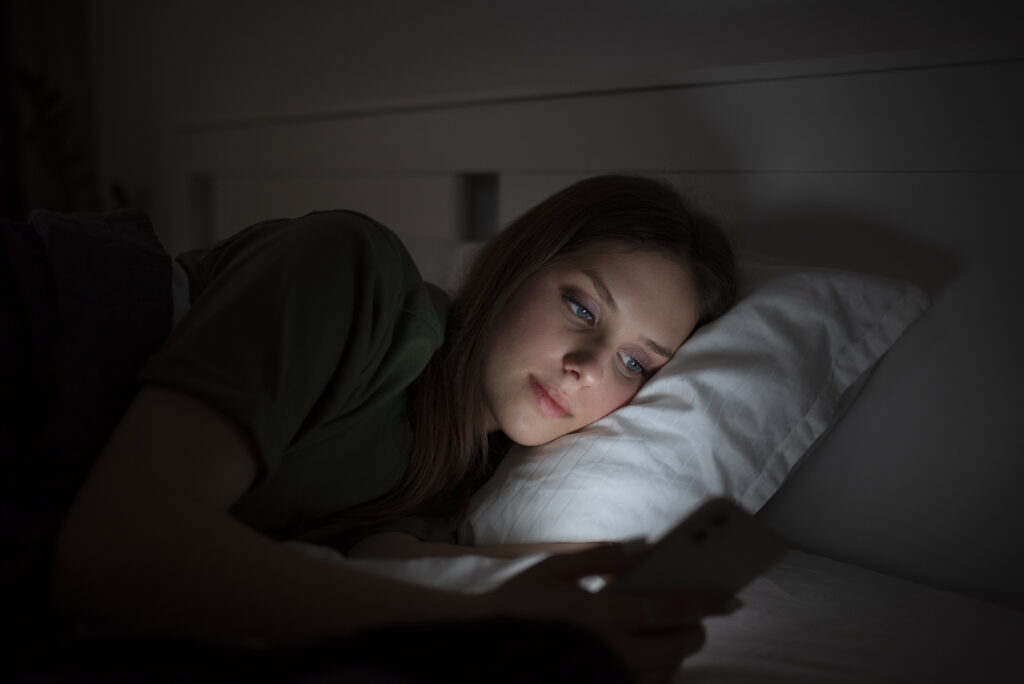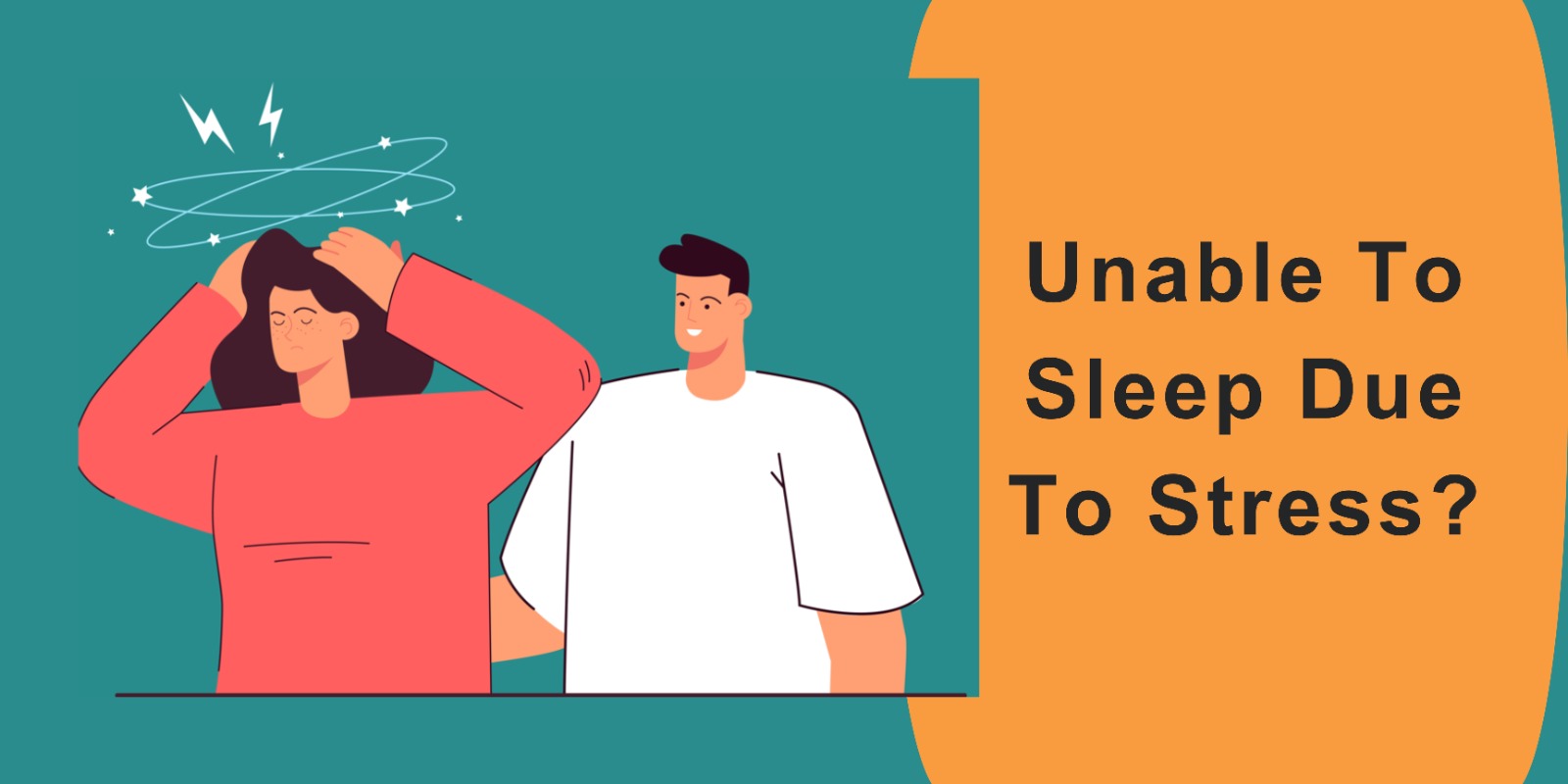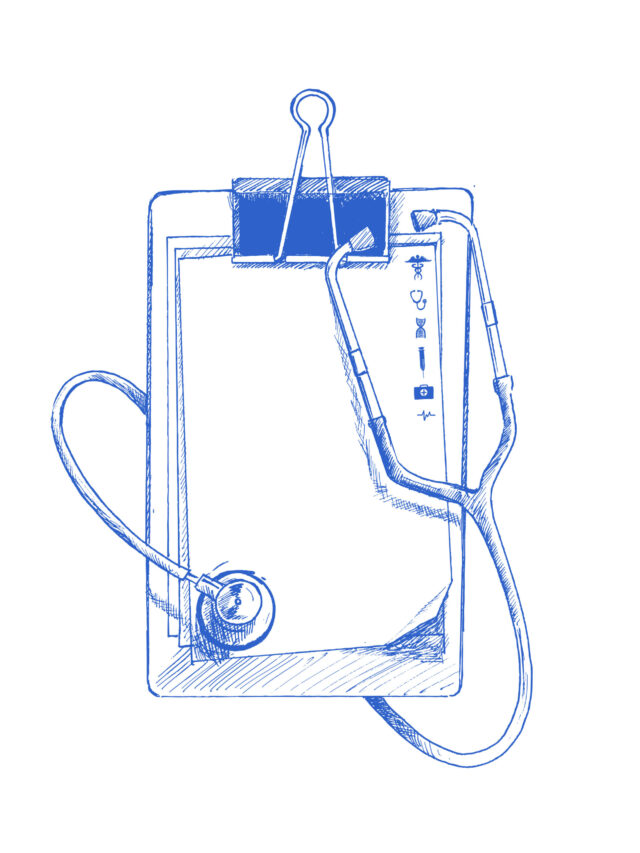Do you have sleeplessness due to excessive worry over your work, income, relationships, or another issue?
Approximately one-third of adults have insomnia at some point in their lives. Stress isn’t often the cause of these sleep problems, but when it is, it can worsen the situation.
Lack of sleep can cause you to feel mentally and physically slower, which may increase the effects of stress. Anxiety and stress at a high level can lead to insomnia, which is the inability to obtain enough sleep. Furthermore, being excessively exhausted isn’t going to solve the problems causing stress if your insomnia is caused by it.
Table of Contents

How stress is related to sleep?
Having trouble falling or staying asleep is one type of sleep disturbance known as insomnia.
Lack of sleep and fatigue issues may arise from this, as well as poor quality sleep. Problems with stress and worry are linked to sleeplessness. It might be tough to fall asleep and possibly cause waking during the night if you stay awake worrying about issues that are stressing you out.
Anxiety-related lack of sleep also increases the risk of problems such as:
- Exhausted
- Sleepiness throughout the day
- Intolerance
- Weak energy
- Difficulty to stay focused
- Anxiety during sleep
- Depression
- Trouble with coordination Accidents caused by too much sleep

What are the type of insomnia connected with stress?
A)Temporary Insomnia/ Short term
Short-term or acute insomnia is the term used to describe a person who has symptoms of insomnia for less than three months. Some unexpected stimuli that can cause symptoms of short-term insomnia include types
Insomnia caused by stress can manifest in various ways. The intensity and duration of your sleeplessness may vary depending on the kind of stress you are dealing with.
Occasionally, it has to do with an unexpected, transient source of tension and worry. Acute stressors include the following as examples of how they can prevent sleep:
- Being ill
- Fighting with a friend
- Having a conflict with your partner
- Although difficult, sleep problems based on such stresses usually go away on their own with time

B) Chronic Stress
In other cases, prolonged stress can result in continuing issues with sleep. Long-term stresses include the following as examples of how they can prevent sleep:
- Severe medical conditions
- Lack of finances
- Unhappiness at work or fatigue
- Separation
- Unhealthy marriages
- Discrimination
- Adverse environmental circumstances
- Problems associated with mental health
- Being ill
- Fighting with a friend
- Having a conflict with your partner
- Although difficult, sleep problems based on such stresses usually go away on their own with time
Following are the tips to handle stress affecting sleep :
1)The importance of a Calm Nighttime Routine
To tell your body it’s time to cool down, you need to create a relaxing sleep ritual. This can involve engaging in peaceful yoga poses, reading a book, or taking a warm bath.
Adopting a regular schedule helps your brain process information and move from the instability of the day to a peaceful state.
2)Understanding the Breath’s Power
By practicing conscious, deep breathing, one can balance the negative effects of stress and activate the body’s relaxation process. To ensure a peaceful night’s sleep, try implementing methods like meditation.
3)The Effect of Diet on the Quality of Sleep
The foods we eat during the day can have a big impact on how well we sleep. Choosing a well-balanced diet that contains nutrients like tryptophan and magnesium that promote sleep can have a significant impact. On the other hand, reducing your consumption of sugar and caffeine, particularly before bed, can help you avoid unwanted sleep cycle delay.

4)Self-Care as a Priority
Self-care is not a waste; it is vital, especially in the fight against sleep disorders caused by stress.
A calm night’s sleep can be greatly improved by making time for relaxing and enjoyable activities, such as going for a long walk, engaging in a hobby, or spending time with close friends and family.
5)Disconnecting from the digital device
Stress and irregular sleep habits might result from the constant flood of information from technological gadgets in our hyperconnected environment.
Put phones and other electronics away at least an hour before bed as part of a digital detox routine.

Falling asleep can be more difficult due to the disruption of melatonin production caused by the blue light released by screens.
All pics are taken from http://www.freepik.com.
Conclusion:
Understanding the complex relationship between stress and sleep is the first step toward making revolutionary changes in the search for a restful night’s sleep.
You may set yourself up for a pleasant night’s sleep by taking a holistic approach that includes self-care, digital detox, regular exercise, mindful breathing, nutrition,
a sleep-friendly atmosphere, and expert help when necessary.
Note that becoming calm and overcoming stress is a complicated process, and every positive change you make helps you sleep better and wake up feeling fresh.
Frequently Asked Question
How can I reduce stress so that I can sleep?
Work out, Attempt to practice mindfulness. Turn down the lights and put away the screens. Establish a basic wind-down schedule. self care priority
Why does anxiety keep you awake at night?
“There is a strong correlation between stress and insomnia,” . Your body may be producing more stress hormones than usual if you experience pain, worry a lot, or are going through a difficult period.
What should one do if they are unable to fall asleep?
After spending some time lying awake, get out of bed and engage in a calming activity that may induce sleep, such as light yoga, meditation, peaceful music, or reading.
I am the author of ” Unable to sleep due to stress” . I want to spread awareness about how stress affect sleep pattern and tips to help sleep well





